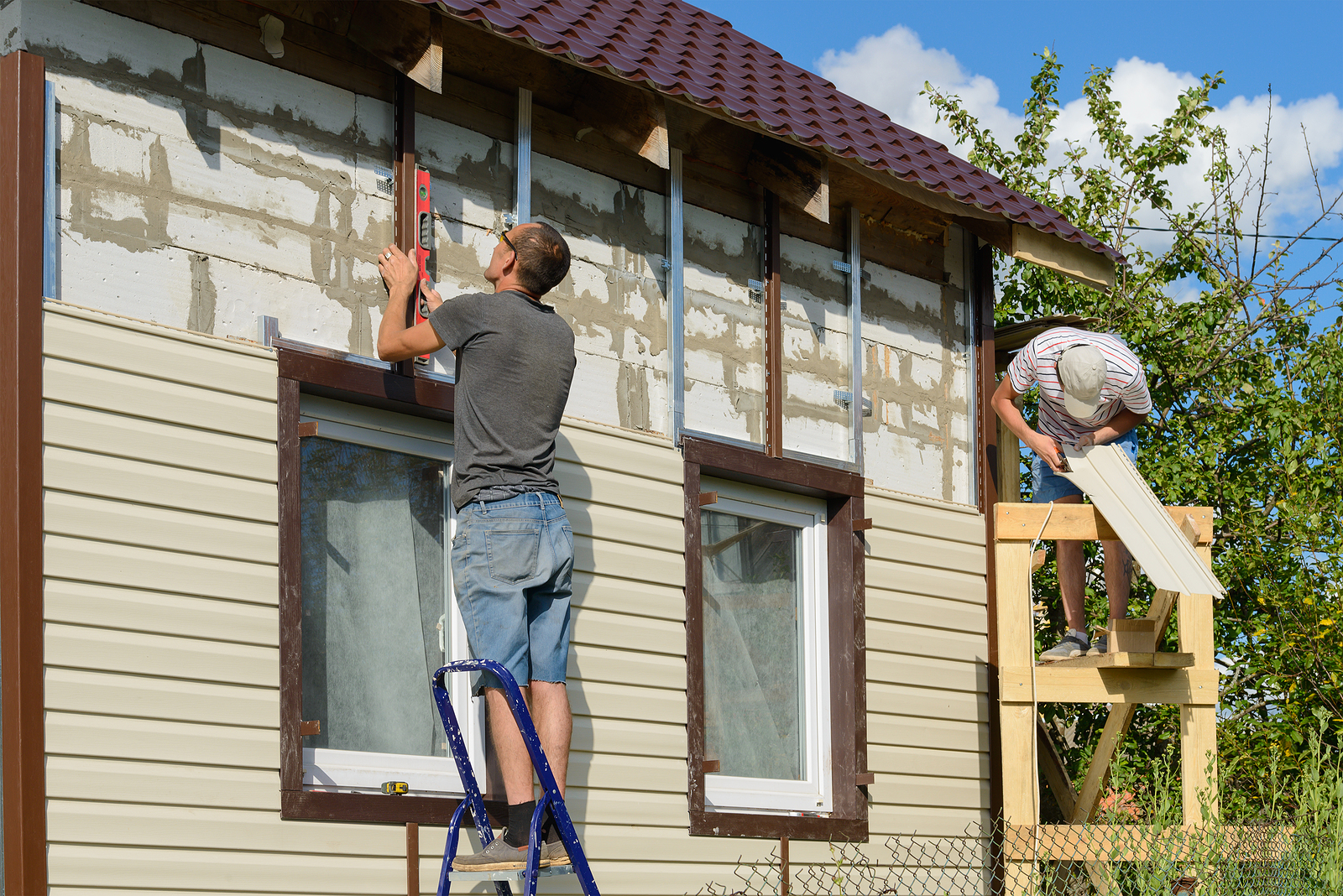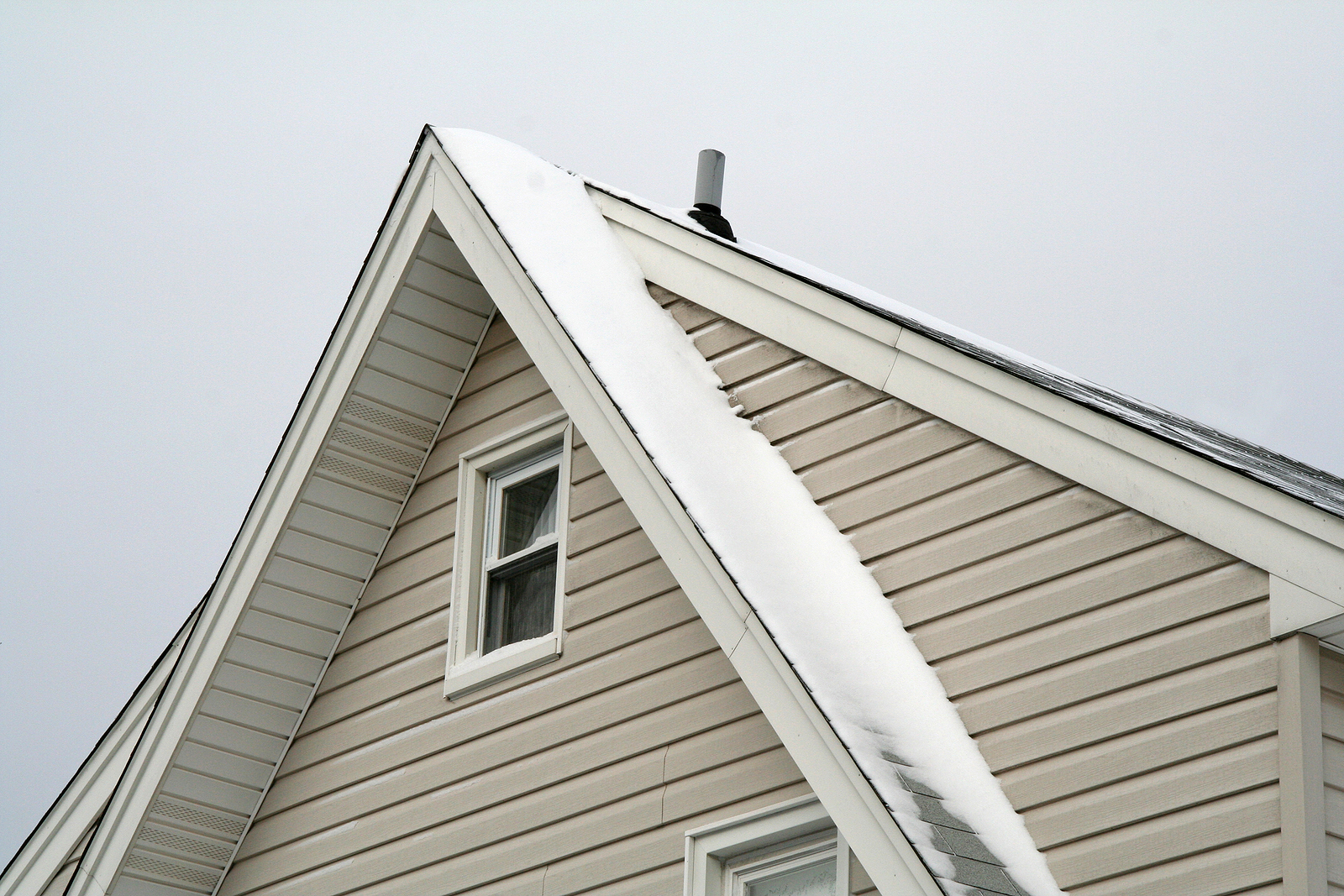When it comes to exterior cladding, vinyl siding is one of the most popular options. About a third of all the houses in the U.S. have vinyl siding.
As compared to other siding materials, vinyl siding has a longer lifespan. This longevity stems from its specific elements that other siding choices like aluminum, wood, stucco, or fiber cement don’t have.
This vinyl siding in-depth analysis can help. Be sure to reach out if you have any questions about your home vinyl siding project.
What Is Vinyl Siding?
Vinyl siding became available in the market during the 1950s as a substitute for cedar shake siding and aluminum siding. Since vinyl siding is available in different designs and colors, the material makes a perfect substitute for many other siding materials.
Vinyl siding is essentially a plastic exterior siding used for small to medium houses and apartments and offering excellent weather protection. Vinyl siding is visually pleasing as it resembles other siding materials, such as wood clapboard. But it is easier to maintain than wood siding.
Vinyl siding contains two layers: the capstock (top layer) and the substrate (bottom layer). The layers consist of resin and polyvinyl chloride. The top layer contains titanium dioxide to protect your home from UV light and prevent discoloration.

How Long Does Vinyl Siding Last?
Even if you don’t make an effort to clean or maintain your vinyl siding, it is estimated to last for about six decades. If you maintain your property with regular cleanings, the vinyl siding will last even longer.
According to some studies, vinyl siding can last up to 100 years with proper cleaning. This durability makes vinyl siding an ideal option for many homeowners.
Reasons Why Vinyl Siding Lasts Longer Than Other Sidings
There are other reasons why vinyl siding lasts longer than other materials, including:
- Resistance to moisture — Moisture can cause various problems to siding materials in general. But since vinyl is moisture resistant, you won’t have to worry about it warping, expanding, or rotting. And you won’t have to worry about the moisture seeping into your home’s insulation.
- Susceptible to mold growth and insects — Since vinyl is resistant to moisture, the material protects against mold growth and bug infestation.
- Weather-resistant — Whether it is a snowy, rainy, or a sunny day, vinyl siding resists weather conditions. New siding can prevent cold air from entering your home reducing your heating bills in the fall and winter seasons. It maintains resistance to breaking or bending under frigid or hot temperatures for many years.
- Enhanced durability — If you use vinyl in combination with foam insulation boards, your siding will be extremely durable. This base insulation layer withstands impacts from objects that may hit the material. And its durability means you won’t have to deal with dents and cracks.
When To Consider Getting New Vinyl Siding
Here are two significant considerations for why you should get new vinyl siding for your property:
- Clear evidence of rotting — While vinyl siding is moisture resistant, any wood siding underneath the vinyl may rot. If the wood rots, it is best to replace your vinyl siding as well.
- The age of a home may promote moisture in the house — If you live in an old house with vinyl siding, you may find moisture inside the property. Moisture manifested in the home can cause peeling paint, promote mold growth, and encourage insect infestation.
Choosing the Right Siding Material
Whether you are planning to install vinyl siding, aluminum, or wood siding for your property, it’s ultimately your choice!
